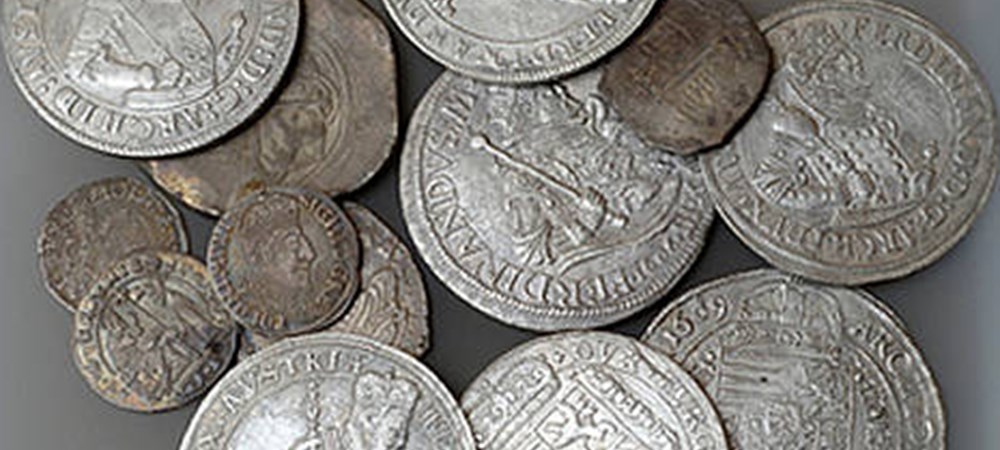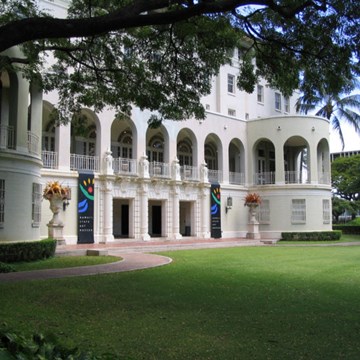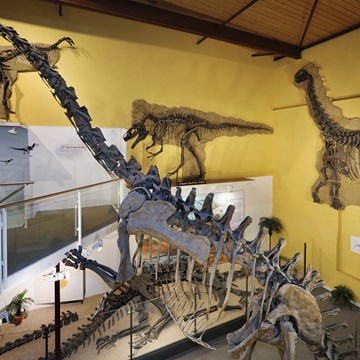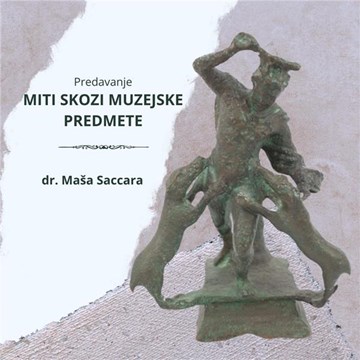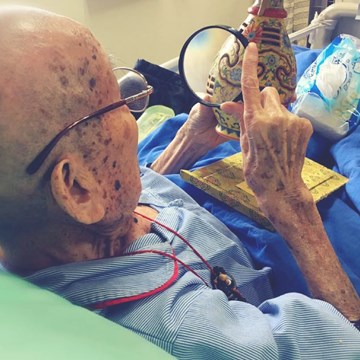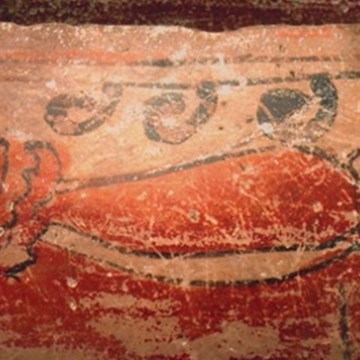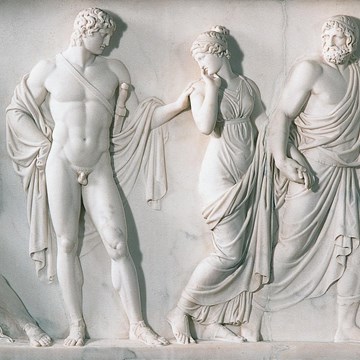Coinage in the Modern and Contemporary World
Since the 16th century, the creation of great commercial powers in Europe and the abundance in precious metals set the conditions for issuing and circulating many and big gold and silver coins. It has been a long way from the coinages of the great European states and their colonies, the issues of the Numismatic Unions and the independent countries to nickel coins and paper notes up until the 2nd half of the 20th century and plastic and immaterial money. Vital information on commerce and transactions in Greece from the 15th century to the 20th century is given by coins of the great European powers and the Ottoman empire circulating in the region.
Text source
Image source
Exhibitions and events
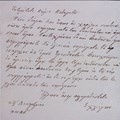
The Iliou Melathron and Heinrich Schliemann
Permanent exhibitionThe room is dedicated to the Iliou Melathron, a monumental 19th century residence in downtown Athens and to the extraordinary personality of its first resident Heinrich Schliemann, the “father of...
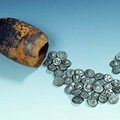
Coinage in the Ancient Greek World – Origins and Spread
Permanent exhibitionThe origins of coinage, its manufacturing technique and the spread of its use are shown in the Hesperides Hall. In the 6th century BC Greek city-states began issuing their own coins. The turtles of...
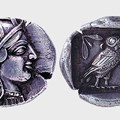
Coinage in the Ancient Greek World – International and Common Coins
Permanent exhibitionThe use of coins spread in the then known world via the Greek colonies in Magna Grecia and the Euxine Pontus. The tetradrachm of the Athenian Democracy as well as the silver tetradrachm and the gold...
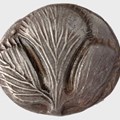
Coinage in the Ancient Greek World – Iconography and Ideology
Permanent exhibitionCoins displayed on their surfaces themes characteristic of the issuing authority and easily recognizable by those who used them. Favourite themes of ancient Greek coin iconography include divinities,...
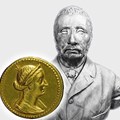
The Great Donors of the Numismatic Museum
Permanent exhibitionCharacteristic pieces from the collections of the most important donors of the Numismatic Museum are exhibited in the dining-room of the Schliemann residence. The assemblage of collections and their...
Activities from this museum
We don't have anything to show you here.

